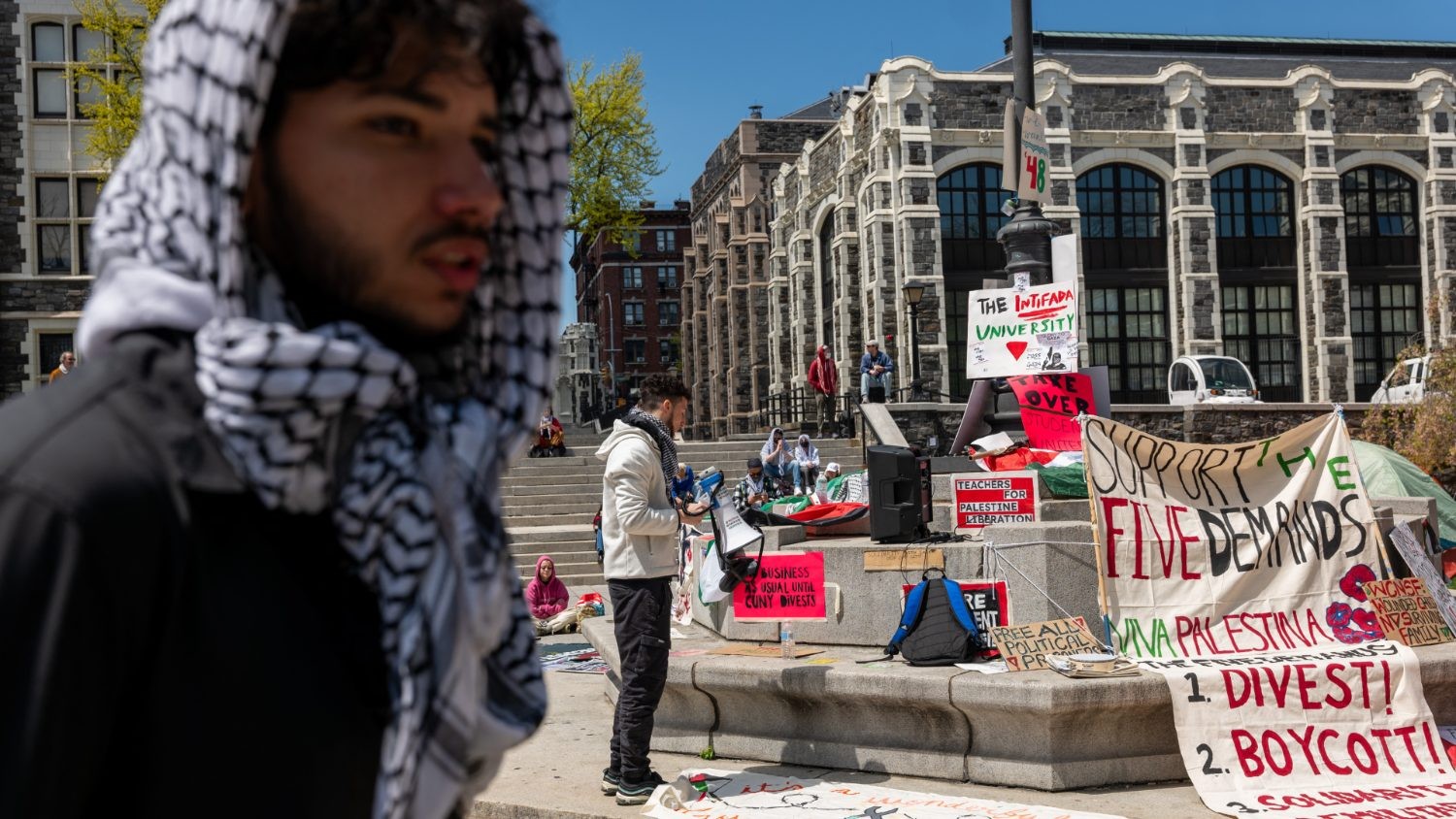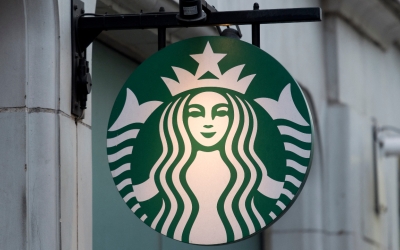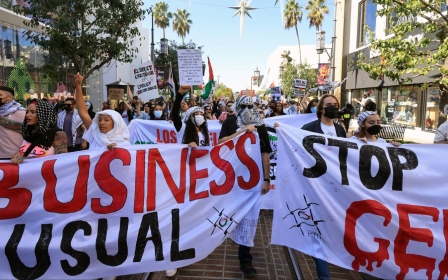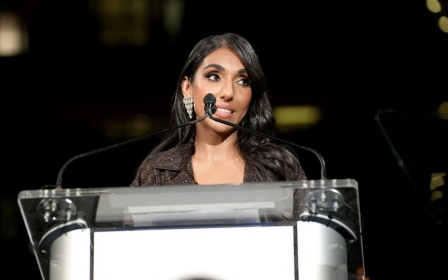US lawmakers introduce bill to punish universities divesting from Israel

Two US lawmakers have introduced a bill into Congress that seeks to withhold federal aid to universities that engage in a commercial boycott of Israel.
The Protect Economic Freedom Act, introduced on Tuesday by Republican Congresswoman Virginia Foxx and Democratic Congressman Josh Gottheimer, would amend Title IV of the Higher Education Act to make any institutions participating in a "nonexpressive commercial boycott of Israel" ineligible to receive federal funds.
“If an institution is going to capitulate to the BDS movement, there will be consequences - starting with the Protect Economic Freedom Act,” Foxx said in a statement, referring to the Palestinian-led Boycott, Divestment and Sanctions movement, which aims to pressure Israel to comply with international law.
The bill comes after a year of massive pro-Palestinian mobilisation across university campuses in the US, where students set up encampments during the spring semester earlier this year. Many of those encampments have been taken down by campus police at the order of administrators.
One of the key demands of this protest movement has been for universities to divest financial stakes in companies profiting from Israel's ongoing war on Gaza, where Israeli forces have levelled much of the besieged enclave's civilian infrastructure while also killing tens of thousands of Palestinians since the outbreak of the war in October 2023.
New MEE newsletter: Jerusalem Dispatch
Sign up to get the latest insights and analysis on Israel-Palestine, alongside Turkey Unpacked and other MEE newsletters
Pro-Israel lawmakers have for months been threatening to leverage federal funds against universities that concede to the demands of pro-Palestinian protesters and that divest interests in companies profiting from the war on Gaza, calling such divestments "antisemitic".
The bill mirrors similar anti-boycott legislation that has been passed in more than 30 state legislatures across the United States.
Those bills force individuals contracted with the state to sign a pledge not to boycott Israel.
The measures have been heavily criticised by pro-Palestinian groups and free speech organisations, decrying them as being antithetical to the US Constitution's First Amendment, which guarantees the right to freedom of speech.
Several states, including Texas, Georgia and Arkansas, have also been sued over these bills. Still, most states continue to have these laws in place.
Over the past year, US lawmakers have been pushing for a federal anti-boycott bill. In February, the House passed the IGO Anti-Boycott Act, which would expand upon the existing law requiring American citizens to refuse participation in boycotts organised by foreign governments against countries friendly to the US.
The IGO Anti-Boycott bill would also include boycotts organised by any "international governmental organization", likely referring to the BDS movement.
The BDS movement, modelled after the boycott movement against South African Apartheid, has existed for 15 years. It describes itself as a grassroots effort not led by any specific country or governmental organisation but by Palestinian civil society.
Middle East Eye delivers independent and unrivalled coverage and analysis of the Middle East, North Africa and beyond. To learn more about republishing this content and the associated fees, please fill out this form. More about MEE can be found here.





